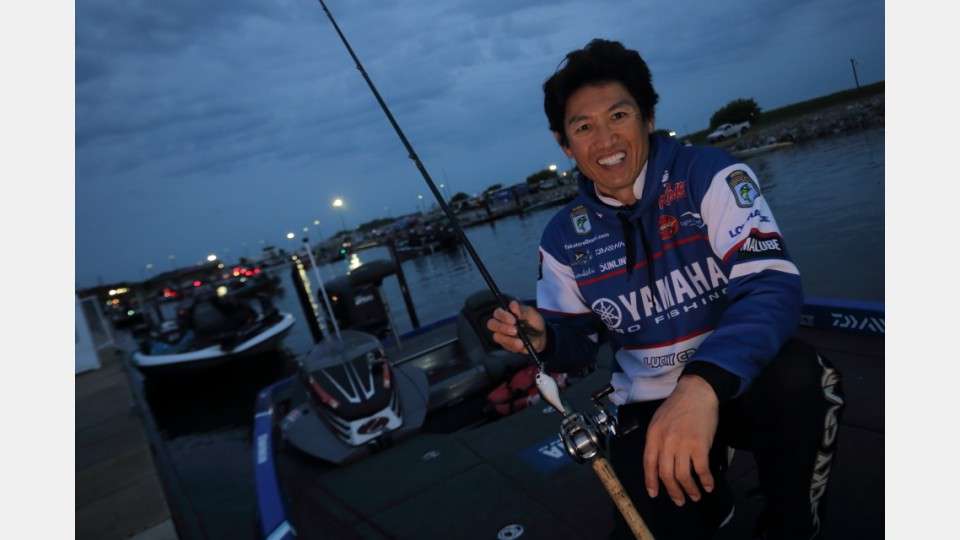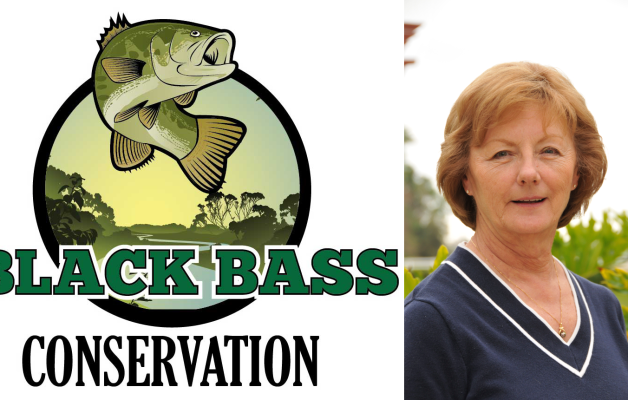
KENNESAW, Ga. — Yamaha Marine has endorsed a Code of Ethics regarding safety on the water and stewardship of natural resources to help preserve the future of recreational fishing. Every angler and boater who agrees with these tenets is encourage to personally endorse the code at http://bassforsalt.com/codeofethics.
The Code of Ethics, which will be included in Yamaha’s Pro Staff agreements, outlines conduct regarding the environment as well as caught fish; adherence to basic safety rules; compliance with boating and fishing regulations; and a call to become involved with fishing legislation.
“Our Code of Ethics serves as a reminder for our anglers to keep safety and ethics top of mind while on the water,” said Ben Speciale, president of Yamaha Marine Group.
“We are extremely proud of our anglers, and as we fight to protect the future of our sport, it becomes of utmost importance to observe the highest code of conduct for safety as well as to take the responsibility to advocate for issues that affect the entire recreational fishing community.”
Several national recreational fishing organizations have endorsed Yamaha Marine’s Code of Ethics, including the Coastal Conservation Association, the American Sportfishing Association, and the Center for Coastal Conservation.
Yamaha’s Code of Ethics sets a great example for the nationwide effort to help keep our waters safe, which coincides with our mission of looking out for the interests of the entire recreational fishing community,” said Mike Nussman, president and CEO of American Sportfishing Association.
Below is the Official Angler Code of Ethics. If you would like to join anglers across America in signing this Code of Ethics, you can endorse it yourself at http://bassforsalt.com/codeofethics.
Official Angler Code of Ethics
1. Employ the best safety measures technology will allow to protect you, your family and your guests. (No boater should venture offshore without a radio, EPIRB and common life-sustaining supplies. Captain should comply with all USCG safety regulations and hold a current CPR/AED/First Aid Certificate.)
2. Captain should consume no alcohol prior to or while operating the vessel and is responsible for keeping consumption to a safe minimum for family and guests aboard the vessel.
3. Respect the resource; become familiar with the biology and ecology of the waters and the species for which you fish.
4. Take care not to injure other wildlife, including turtles, birds, manatees or other species that you encounter in your activities; be a good steward of natural resources.
5. Treat and handle caught fish with respect, and take care to revive fish that will be returned to the water within the best of your ability. (Learn the appropriate methodology.)
6. When harvesting is allowed, keep only those fish that you, your family or your guests are prepared to consume, even if you haven’t caught your limit.
7. Obtain all necessary licenses, stamps, or tags for you, your family or your guests.
8. Respect and follow all local and federal fishing and boating regulations.
9. If you disagree with existing fishing regulations, become involved in the state and federal bodies that decide those regulations.
10. Become an advocate for fishery protection so that your children and their children will be able to enjoy fishing as much as you have.




